We are gathering a creative community for an exodus to a new world where independent film can flourish.

Our mission:
- to convene and nurture a community of film lovers who contribute to the creation of independent films,
- to promote the discovery and elevation of emerging film artists, and
- to establish a new economic model that supports a sustainable livelihood for more independent film artists.
Why is this needed? What's wrong with the way things are?
We are living in the age of average where almost all the movies playing in theaters are "prequels, sequels, spinoffs, remakes, reboots, or cinematic universe expansions." It's not much different on streaming, where we're in the golden age of mid TV with high production values and low ambitions – a nonstop diet of gourmet cheeseburgers that are familiar, comfortable, and forgettable.
Speaking of streaming: the "all you can eat" model of subscription video streamers – like Netflix, Hulu, and even Mubi – has devalued the long tail of films, in the same way that subscription music streaming services like Spotify "mortally wounded a whole tier of artists [for whom it makes] being an artist unsustainable."
Now enter Generative AI. Its use in wholesale video creation portends a gut-busting flood of copyright-infringing "content" and abusive deepfakes, themselves being fed back into the training of new models, not unlike an inhuman version of The Human Centipede.
To quote Dan McQuillan:
"Generative AI should be called Normative AI, as all it's doing is an endless rearrangement of elements according to the statistical norms it has learned from its training data. AI is the sedimentation of the status quo."
On this, the audience has spoken, and will continue to speak for the appropriate use of technology in a way that respects artists, humanity at large, and the challenges to the earth's climate.
All this being said, it is quite possible that (in a parallel universe or imagined future) better AI tools could be developed that do respect artists; that empower them by augmenting their abilities to make great work; and that level the playing field for talented newcomers who don't happen have special access and/or pre-existing wealth or other advantages. But this is a polemic, so we'll save that for a later post.
There is a great deal more that could be said about the problem, and much of it has already been said by others. To put it succinctly, the outlook for independent film has gotten bad. Perhaps as bad as it's ever been. Bad for artists and bad for audiences.
Our destination
We take inspiration from the likes of Karin Chien, Barbara Twist, Brian Newman and Ted Hope. It's time to opt out and build a new world. We take further ideas on how from Rebecca Giblin and Cory Doctorow's Chokepoint Capitalism and Kathryn Judge's Direct. We believe the answers lie in collective action, artist ownership, and creating a more direct relationship between film artists and film lovers.
One great example of collective action in another domain is The Drivers Cooperative: a worker-owned rideshare platform cooperative that gives drivers and riders an alternative to Uber and Lyft that costs the same but gives drivers a larger share of the revenue. After only three years, TDC is approaching profitability and expanding to new locations.
In an analogous way, we are gathering a group of film artists and enabling them to engage with their audiences directly through a collectively-owned platform that is managed as a cooperative association. Try to imagine the following:
- What if Netflix, as a platform, were owned and controlled not by media executives and large institutional shareholders, but by the artists whose films were streaming on it?
- What if, instead of the endless pursuit of revenue growth (with cycles of rapid spending and hiring followed by layoffs and decay of the customer offering), this organization prioritized sustainability, and benefit to the community of film artists and film lovers?
- As it does grow, it could also consider the possibility of a structure like Mondragon, i.e. a federation of platform cooperatives, each with a base and emphasis in a particular region, and each sufficient scale, but also still small enough to be responsive to its members. Additional benefits come in the sharing of technology and learnings, and that the distributed nature inherently resists capture much better than a single monolithic organization.
This won't happen overnight, but it's coming sooner than one might imagine. If you're a film artist who has had enough of trying to work within the exploitative mainstream systems of distribution, or a film lover who wants to support them (and a renaissance of indie film), stay tuned (by subscribing to our email newsletter below)!

